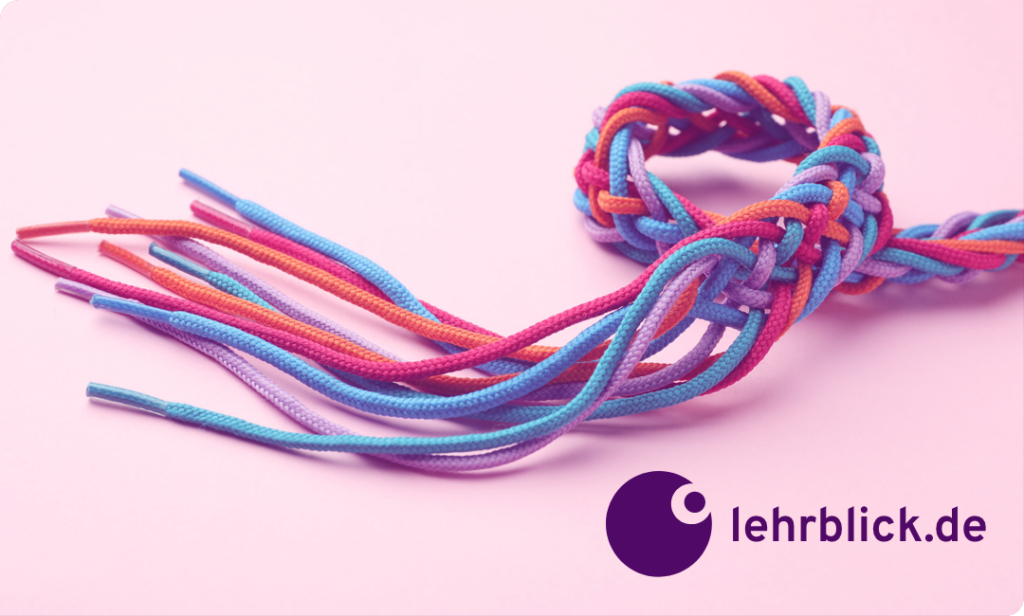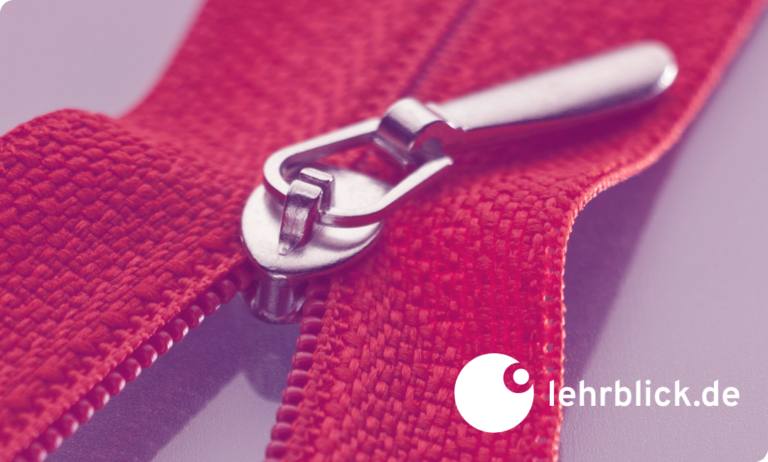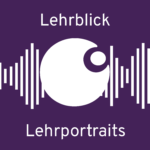
Interdisciplinarity, flexibility and student participation are three key desiderata when designing a sustainable degree programme (Ionica, Vissiennon & Busse, 2024). The degree programme Gender Studies – Interdisciplinary Research and Applications at Bielefeld University shows how this can work.
In the tenth episode of our podcast, we talk to Dr Svenja Haberecht and Inga Gostmann about the requirements and advantages of such a concept from the perspective of students and lecturers.
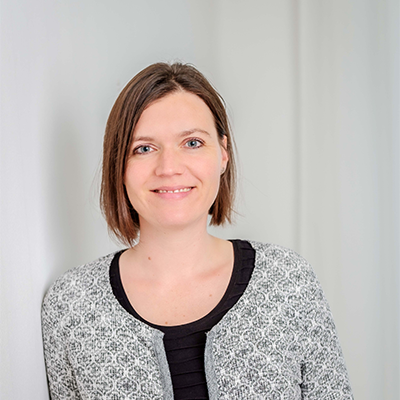
Dr. Svenja Haberecht is a lecturer and a degree programme coordinator for MA Gender Studies in the Sociology faculty at Bielefeld University. Her teaching and research interests lie in the area of flight and asylum, postcolonial theories and biography research. Her regional focus is on the Western Balkans and West Africa.

Inga Gostmann is a student on the Master’s degree programme in Gender Studies at Bielefeld University. She is involved in coordinating the StIL-funded project “BiLinked” at the centre of teaching and learning at Bielefeld University and in the Community of Practice Public Humanities on the same project. She campaigns for participation at universities, concerning AI in higher education, for example, and the issue of mental health at universities.
Time stamps
| 01:20 | Could you talk about the degree programme briefly from an organisational point of view? What makes this degree programme so special? What makes it different from many other degree programmes? |
| 02:35 | It’s an exception in some respects. It offers a very wide range of options to choose from, both in breadth and in depth. What does that look like from an organisational perspective? |
| 03:58 | What effect does that very wide range of offerings have on your day-to-day studies from a student’s point of view? Is it more that you’re spoilt for choice or do you appreciate the breadth of options? |
| 05:30 | Did I understand it correctly that you not only have a lot of options to choose from when it comes to different seminars but to a great extent you also have the option of choosing what coursework you do in the individual courses? |
| 05:45 | Is it a list of choices like on a menu that says you can do a podcast or give a presentation or do something completely different? Or can you use your own initiative, so you’d say, I’d like to create a podcast here because I like creating podcasts anyway? |
| 07:15 | Coursework is one thing, but what do the exams look like? Do you have options with those as well or are the exams predetermined? |
| 08:58 | So, if I’m now assuming that a Master’s thesis always has to be written, Svenja, perhaps from the supervisor’s perspective, would it actually be possible then for someone to finish their degree and then go on to do a Master’s thesis without having done any written papers before? Not because it’s not offered but because that’s what you decided yourself? |
| 10:10 | Did that variety of exams sort of happen by chance because of the interdisciplinarity and the different faculty cultures? Or was it factored in from the start to say we want a degree programme where students have choices and which ultimately gives responsibility back to the students? |
| 11:33 | That also requires quite a lot of skill from the students in terms of making conscious decisions, of course – not always just doing what I can maybe do best but also trying out something new sometimes. Inga, have you ever had the experience that it might be overwhelming for some students as well or that you might get too comfortable? |
| 14:29 | What I find particularly interesting now is that I often come across the argument that it’s not possible via accreditation, that there are legal obstacles prohibiting it. But it does seem to be the case that legal frameworks aren’t as much of an obstacle as some people responsible for degree programmes might think. |
| 16:04 | As I understand it, you have a very wide range of offerings. To what extent can students be involved in designing the content of courses too? Because I could imagine that if I’m creating a piece of coursework myself, I might also want to have a certain amount of freedom when it comes to content. Is that often the case, or what form can that take with you? |
| 18:31 | That sounds really fascinating, but it might also be very strenuous for lecturers. Have you ever experienced that, Svenja? If I’m a student and say I’d like to spend a bit more time reading this or that work that’s more comprehensive and I find a couple of other students too, who do I go to with that? It’s ultimately the lecturers’ responsibility to ensure that certain frame conditions or quality standards are complied with. Have you ever experienced how that works from a lecturer’s standpoint? |
| 21:15 | What would the exam look like in a case like this? If the content and formats and so on are determined by the students, does creating the concept count as coursework? Because it can mean a lot of work, of course. |
| 23:02 | That all really sounds very participatory, as if the students can just take their studies into their own hands in many aspects. Inga, perhaps to finally sum up the degree programme, how does it feel to have so much freedom? And from your perspective, might it be a model that works for a special clientele, or should it be a possibility for a lot more degree programmes? |
| 24:42 | Svenja, what effect does that participation have from a lecturer’s point of view? Is there more freedom there too or is it more of a burden because you always have to respond to certain special requests? What do you think of all this freedom? |
References
Universität Bielefeld (2013/2024). Modulkatalog zum Studiengang Gender Studies „Interdisziplinäre Forschung und Anwendung“. https://ekvv.uni-bielefeld.de/sinfo/publ/master-as/gender?m
Gostmann, I. & Hildermeier, L. (2025). Studierende im Mittelpunkt: Individuelle Studiengestaltung und kollaborative Curriculumentwicklung. Hochschulforum Digitalisierung. https://hochschulforumdigitalisierung.de/studierende-im-mittelpunkt-curriculumentwicklung/
Ionica, L., Vissiennon, M. & Budde, J. (2024). Studiengänge für eine digitale Welt: Whitepaper zur Curriculumentwicklung als hochschulweiter Veränderungsprozess (HFD Arbeitspapier Nr. 76). Hochschulforum Digitalisierung. https://hochschulforumdigitalisierung.de/wp-content/uploads/2024/02/HFD_AP_76_Studiengaenge_fuer_eine-_digitale_Welt.pdf
Suggestion for citation of this blog post
Hawelka, B. (2025, April 17). Participatory & interdisciplinary: Designing flexible degree programmes. Lehrblick – ZHW Uni Regensburg. https://doi.org/10.5283/ZHW.20250417.EN
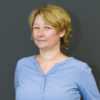
Birgit Hawelka
Dr. Birgit Hawelka is a research associate at the center for University and Academic Teaching at the University of Regensburg. Her research and teaching focuses on the topics of teaching quality and evaluation. She is also curious about all developments and findings in the field of university teaching.


